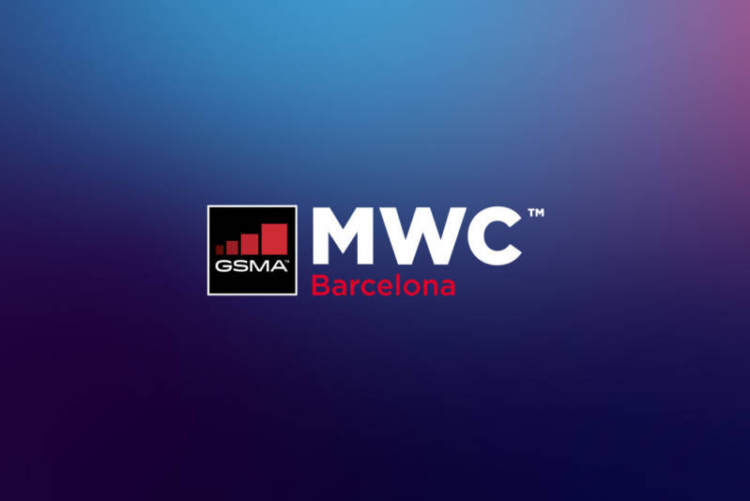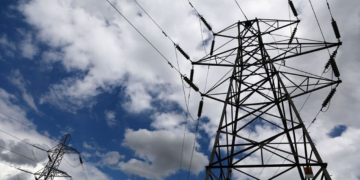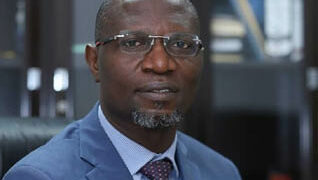Participants at the ongoing Mobile World Congress (MWC) 2023, in Barcelona, Spain have stressed the need for robust adoption of technology and right partnerships with the private sector by Nigeria to develop the nation’s economy.
Speaking during a summit on the sideline of the event with the theme: ‘Digital Transformation Of Africans Mining Industry,’ Experience From Debswana, the speakers said Nigeria and other African countries would make progress in sectors of their economies if they can implement right policies, legislation and partnerships with the private sector.
Minister of Communications, Knowledge and Technology of Botswana, Hon. Thulagano Segokgo, stated that there are many benefits for the country, Nigeria, if it can adopt technology in developing its mining sector, for instance. He also said all government needed to do is to enter into right partnerships with the private sector and create an enabling environment for business to thrive.
The Government of the Republic of Botswana (GRB) and the De Beers Group of Companies are into equal partnership of Debswana’s Jwaneng open-pit diamond mine. The project started operation in December 2021. The diamonds produced are sold to De Beers and the Okavango Diamond Company, and Debswana is the biggest contributor to the De Beers Group rough diamond production.
He said, ‘‘I think technology can play a very significant role in your economy. It is what helps you with enforcement and monitoring.’’
He also underscored the importance of right partnership with the private sector. Citing example of Botswana’s mining sector, he said, ‘‘The success of the mining industry has much to do with how government is involved in it and partnerships. Good governance and sound business decisions are critical. The way Botswana has pursued mining has certainly been through harnessing the use of private sector and government entering partnerships. The decisions that are made are made on sound business arrangement without government interference. One of the issues is that government procurement can be very weird and sometimes very susceptible to corruption and that sort of things. When you set an economy up in such a way that decisions are taken as professional business decision, it becomes natural for the partners with the government to go and find out how to achieve what they want.’’
Debswana’s Head of Information Management, Nelson Sechaba said the deployment of eLTE solution to connect mining equipment in Botswana has ensured stability of operations. According to him, the Huawei-enabled smart mine solution has been deployed at Debswana’s Jwaneng open-pit diamond mine.
Huawei’s 4G eLTE private network solution provides stable connectivity for the Jwaneng mine, connecting more than 260 pieces of equipment. This enables interconnection between the mine’s production, safety and security systems.
‘‘There are two reasons for this. The first is efficiency. The ability to transfer data in real time makes equipment like mining vehicles more efficient, increasing yield and reducing long-term OPEX. Second, the solution helped improve safety. Real-time data collection, backhaul, and interaction make the system more sensitive and accurate to provide more reliable protection for staff and vehicles,’’ he said.
Chief technology officer of Huawei Mine BU, Xu Jun, said that Huawei is committed to using its strengths in ICT technologies like 5G, cloud, AI, and IoT to develop smart mine solutions for customers in the mining industry worldwide.
Vice President of Huawei Sub-Saharan Africa Region, Liao Yong, said over the past five years, Huawei has provided services to mining enterprises in a number of countries in the region, including South Africa, Botswana, Zambia, Namibia, and Ghana.











